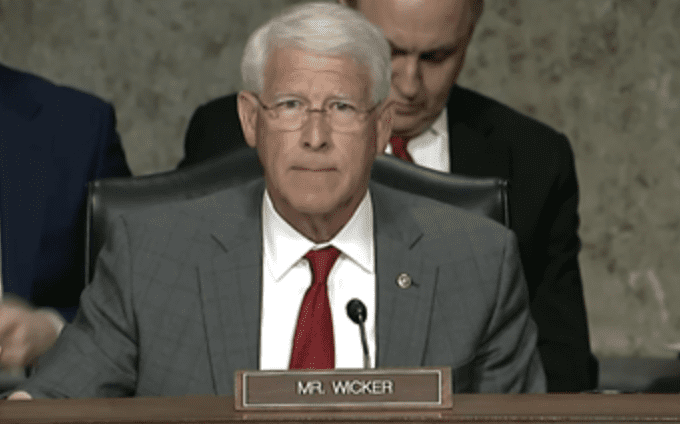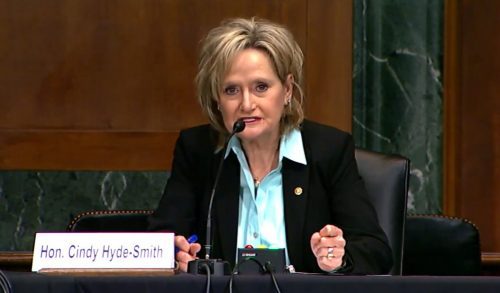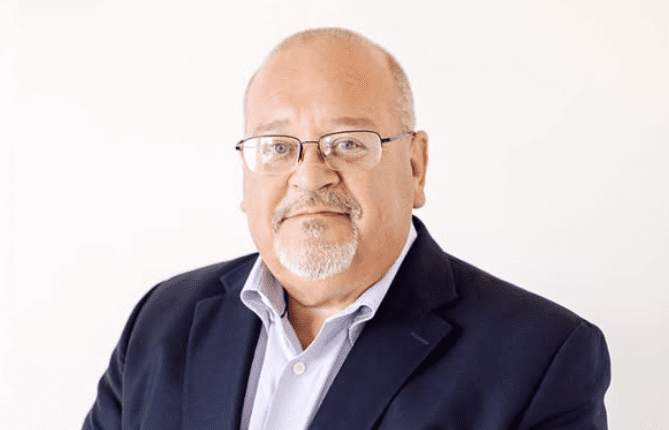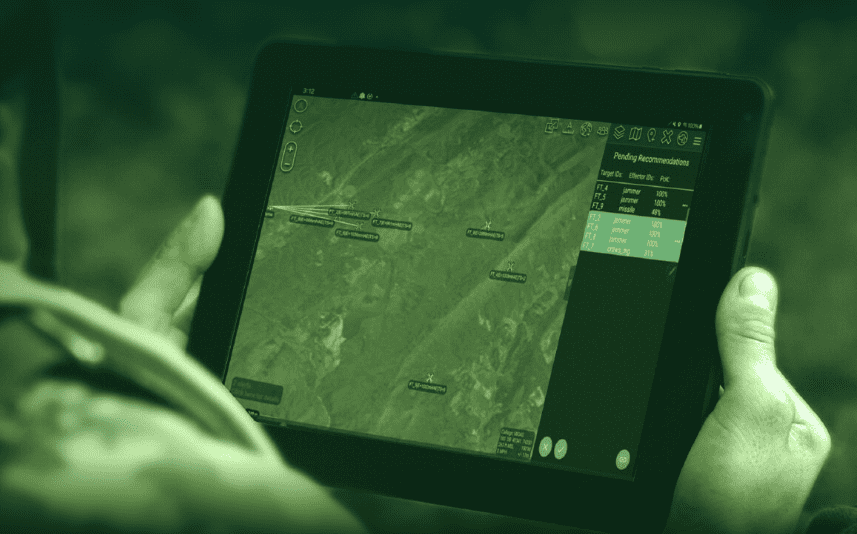
Rolling Fork’s Tracy Harden testifies on the impact flooding is having on her business, community.
U.S. Senator Roger Wicker convened a hearing today to examine the current issues adversely affecting environmental justice. He invited Tracy Harden, owner of Chuck’s Dairy Bar in Rolling Fork, Mississippi, to testify on the need to control devastating flooding in southern Mississippi.
Wicker has been a dedicated supporter of the Yazoo Backwater Pumps project.
It is a pleasure to welcome Tracy Harden of Rolling Fork, Mississippi – a vocal advocate for the Yazoo Backwater Pump Project – to Washington. Her testimony at today’s @EPWGOP hearing will provide insight into the devastating impact of flooding on Mississippians. #FinishthePumps pic.twitter.com/jQHJpjHqyh
— Senator Roger Wicker (@SenatorWicker) July 22, 2021
“To begin with, I think we should define what we mean by ‘environmental justice’ and I think really a better topic … is ‘environmental injustice,’” Wicker said in his opening statement. “In places like Mississippi, Louisiana, South Carolina, it is the poorest or the most impacted by hurricanes and flooding.”
Wicker highlighted the repeated flooding in the South Mississippi Delta that has resulted from 80 years of delay in the completion of the Yazoo Backwater Pumps Project. Wicker explained that this delay has been devastating for Mississippi’s South Delta.
The Yazoo Backwater Pumps have not been completed despite the support of local stakeholders, the Army Corps of Engineers, and environmental groups.
“This was a three part promise: Levis, gate, and the pumps. The federal government in its wisdom was able to complete two parts of this, leaving the pumps undone,” said Sen. Wicker, “There will still be flooding after we have the pumps, it’ll just be that we know where the flooding will stop.”
The Yazoo Pumps will provide protection for homes, agricultural land, businesses, infrastructure, the environment, and wildlife by reducing flooding in the area.
Wicker asked Tracy Harden whether the pumps benefit or destroy wildlife and how the pumps would impact her community. Harden replied that with the pumps flooding wouldn’t be as high which would allow farmers to work in the fields and hire workers. If the farmers can’t work, then they can’t hire she explained.
“People say that this will harm wildlife. Well, all they had to do was come to Rolling Fork, come to the Delta and look and see how this flooding harmed our wildlife,” Harden said.
Harden said the Yazoo Backwater Project is comprised of three key features—levees along the Yazoo River completed in 1978 that keep water within the river during high water; the Steele Bayou gates on the Yazoo completed in 1969 to prevent the Mississippi from flowing backwards into the South Delta; and the final, unfinished feature—a set of pumps to pump water over the levee when the gates are closed.
“This system is interconnected, and without all three functioning features, it just doesn’t work,” Harden offered to the committee.

Harden’s family business, Chuck’s Dairy Bar, has been in business since 1977. It is a fixture in Sharkey County, one of the few that serves their small community. It is a local hangout for everyone in Rolling Fork.
However, since the Harden’s purchased Chuck’s in 2007, they have seen 7 of the 12 worst backwater floods on record since the levees were completed in 1978. This year, water rose to almost 92 feet. They also had flooding in 2008, 2009, 2016, 2018, 2020, and worst of all, 2019, when the water devastatingly rose to over 98 feet.
“The 2019 flood inundated 548,000 acres, 231,000 acres of cropland, and 686 homes,” Harden said. “Water was so high, we were fractions of an inch away from losing critical infrastructure, like our sewer systems. We call it the ‘Forgotten Backwater Flood’ because it received so little national attention despite shattering many records.”
Annual flooding has an enormous, lasting impact on the region, Harden told Senators, well beyond folks not being able to frequent Chuck’s Dairy Bar because they are not making a paycheck.
“Populations are decreasing, economic opportunity is fleeting, and lives and livelihoods are being lost,” Harden said.
You can watch Harden’s testimony below.











